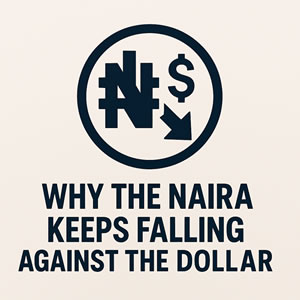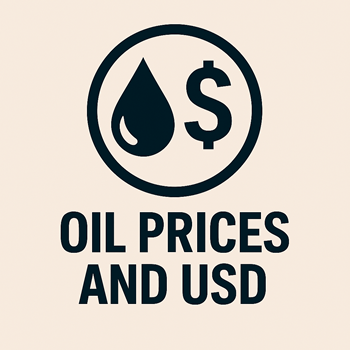The global oil market plays a pivotal role in shaping the value of currencies — especially for oil-exporting and oil-consuming countries. For nations like Nigeria, which depend heavily on oil exports, and the United States, a major consumer and producer, oil price changes have far-reaching consequences. Learn How Oil Prices Affect the US Dollar and the Naira. Hope this post have give you insights on How Oil Prices Affect the US Dollar and the Naira.
Oil and the Nigerian Naira
Nigeria earns the majority of its foreign exchange from crude oil sales. When oil prices rise:
The Central Bank of Nigeria (CBN) sees increased foreign reserves.
Confidence in the Naira may strengthen.
The exchange rate may appreciate or stabilize.
Conversely, when oil prices fall:
Dollar inflows decline.
Demand for USD in Nigeria increases.
The Naira typically weakens, especially in the parallel market.
Oil and the US Dollar.
The USD typically moves inversely with oil prices because:
- Higher oil prices can trigger inflation in the US.
- The Federal Reserve may respond with rate hikes, strengthening the USD.
- However, oil is traded globally in USD, so demand for the dollar can rise alongside oil prices too — creating a complex dynamic.
What This Means for You
If you’re involved in foreign exchange or international business:
Watch oil market trends — they often signal future currency movements.
Monitor both official and black-market rates for the Naira.
Diversify your FX strategies during volatile oil cycles.
NairaFX Insight
NairaFX helps users track real-time exchange rates, offering trend arrows and percentage movements so you can make smarter trading decisions — especially in response to oil-driven fluctuations. Hope this post has shown you How Oil Prices Affect the US Dollar and the Naira.








